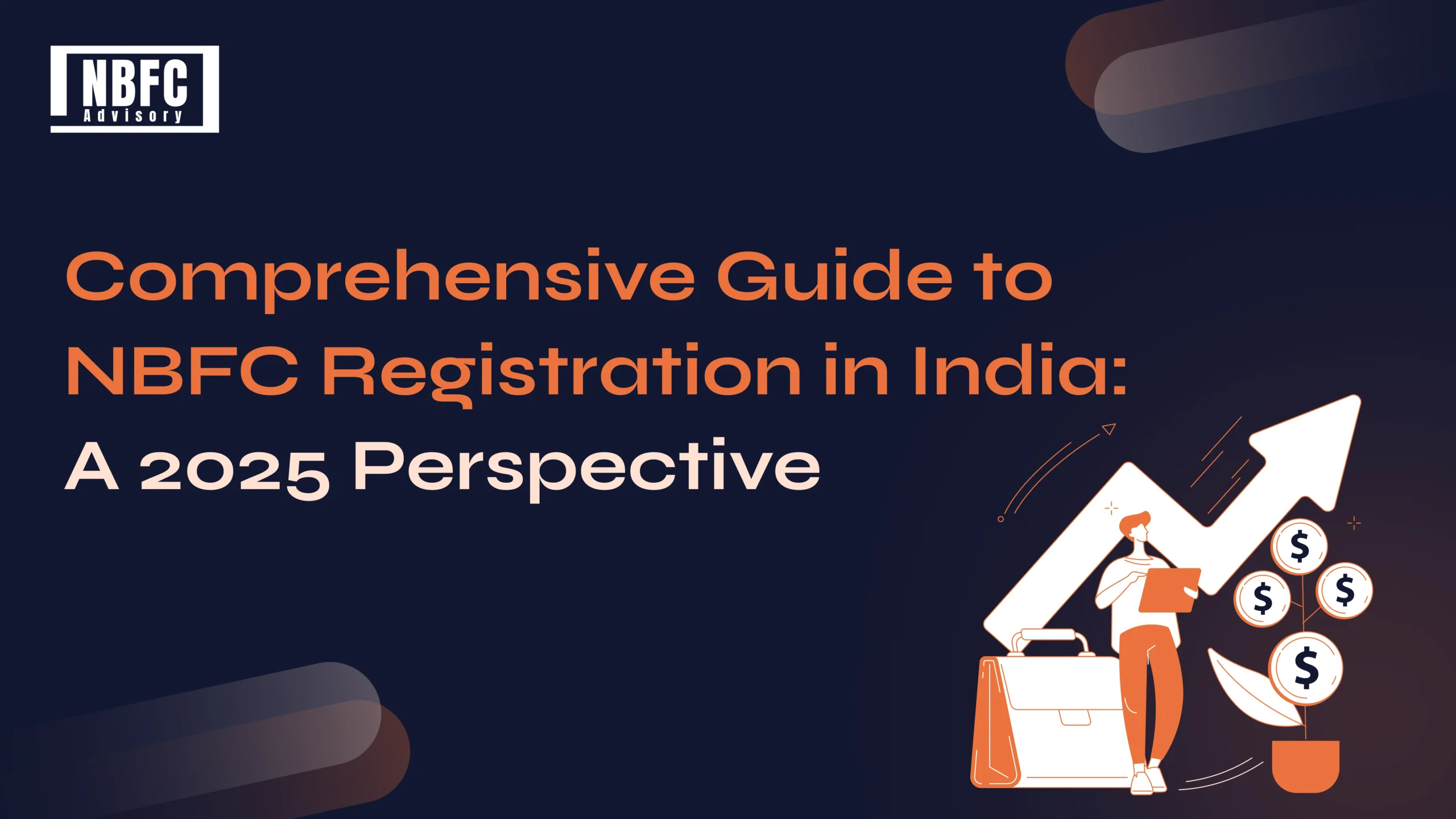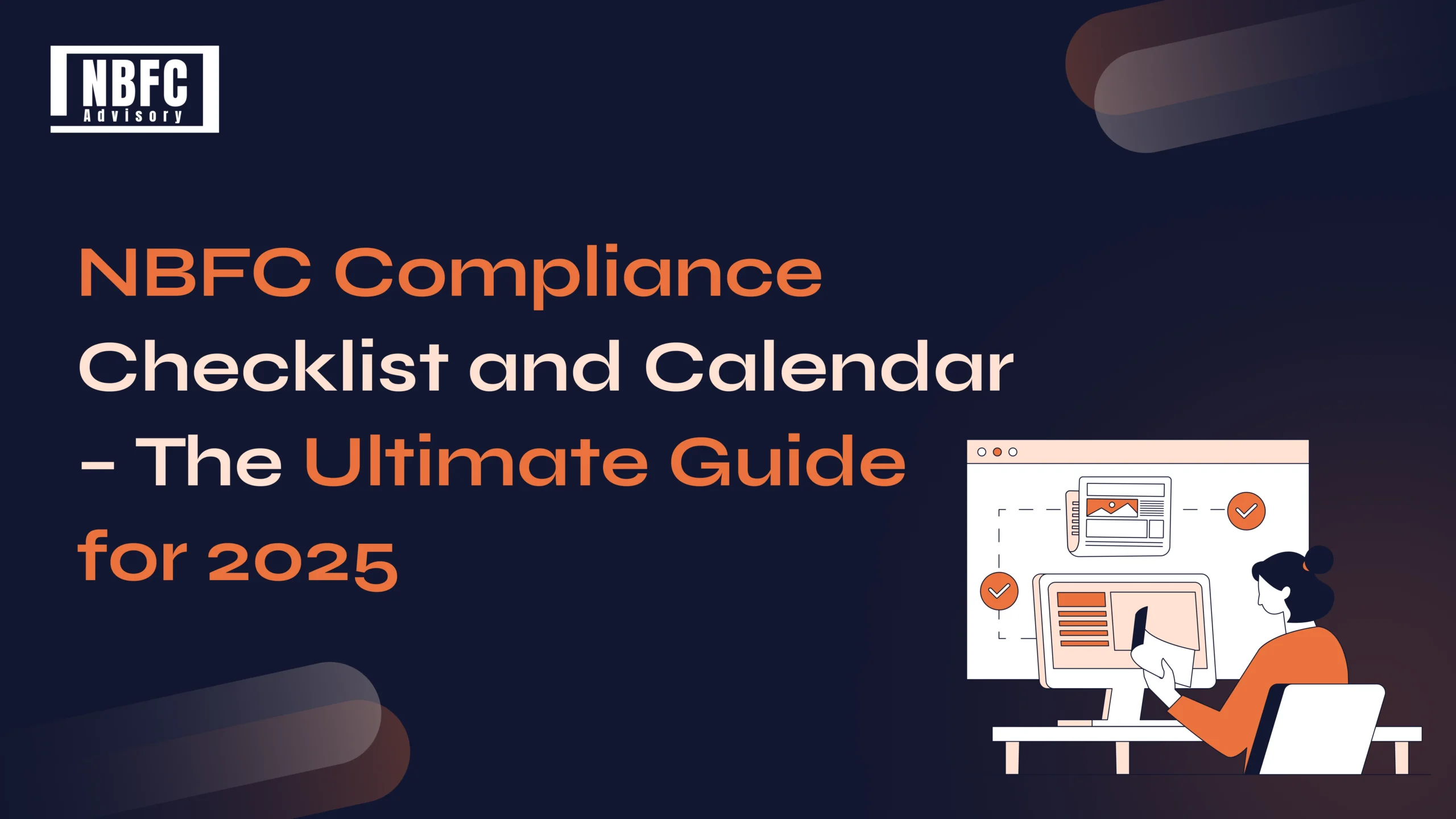Inside This Article
The financial sector is quite difficult to get a grasp on. Owing to a myriad of sectors that have different norms, it becomes a bit cumbersome to make the right decisions. The laws for banks and NFBCs are quite different. If you have also wondered what non-banking financial institutions are and how they work, this post will help you a great deal.
What is a Non-banking financial company?
First things first! Before we delve into the other aspects of non-banking financial companies, let’s first understand what non-banking financial institutions are.
As the name suggests, an NBFI or NBFC is a financial institution without a banking license, due to which it is not allowed to accept deposits as banks do.
Registered under the Companies Act 2013 and 1956, a non-banking financial company is involved in-
- The business of loans and advances
- Acquisition of shares, debentures, equities, debt, securities, or stocks issued by the Indian government or local authority
- Marketable securities- insurance business, chit business, leasing and hire purchase
A non-banking financial institution or company is not engaged in a business whose principal business is any of these-
- Industrial activity
- Agricultural activity
- Sale or purchase of goods except for securities
- Purchase, sale, or construction of the immovable property
What does Principal Business mean?
‘Principal business’ has been defined as a financial activity by the RBI (Reserve Bank of India) to facilitate optimum clarity to the entities to be monitored and regulated as non-banking financial companies.
Understanding the ’50-50’ test
It becomes important to understand the criteria here, referred to as the ’50-50 test’. The criteria state-
- Financial assets must be 50% of the total assets.
- Income from these financial assets must be 50% of the company’s total income.
The company will need to obtain a license for operation from the Reserve Bank of India, and it will be incorporated under the applicable laws of the land.
Examples of NBFCs
The companies below are classified as non-banking financial companies or institutions.
- Asset finance company
- Housing finance company
- Mortgage guarantee company
- Core Investment company
- Investment company
- Microfinance organizations
Do all NBFCs need to register with RBI?
The answer is no! Not all NBFCs need to register themselves with RBI. There are certain entities that are governed by other regulators, and hence they do not need to register with the Reserve Bank of India.
Below are the types of non-banking financial companies that do not need to do so-
- Chit Fund Companies, as notified in the Sec 2 clause (b) of the Chit Fund Act, 1982
- Nidhi Companies, as defined under Section 620(A) of the Companies Act 1956
- Core investment companies with assets less than INR 100 CR or who haven’t taken public funds
- Entities involved in the business of venture capital
- Insurance companies with a certificate of registration issued by IRDA
- Merchant Banking Companies
- Entities engaged in the business of stock-broking
- Housing loan companies
What are the guidelines that non-banking financial institutions must follow?
There are certain guidelines for an NBFC. After obtaining a valid license, a non-banking financial institution must comply with the following norms.
- They cannot accept payable-on-demand deposits.
- An NBFC cannot charge more interest than the ceiling defined by the RBI.
- The company can take public deposits for a minimum of 12 months and a maximum of 60 months or 5 years.
- The company must provide all the information to the RBI and includes any change in the composition as well.
- RBI will not guarantee the repayment of any amount taken by the NBFC.
- An audited balance sheet must be submitted every year without fail.
- The company will need to furnish a statutory return on the deposits taken by the company. These details will be provided on NBS-1 every year.
- The company will need to file a quarterly return on the liquid assets.
- A half-yearly asset-liability management return will need to be given by the company.
- Credit rating has to be submitted to RBI every 6 months.
- After a valid audit, the company will need to obtain a certificate from the auditors that states the company is capable of paying back the deposits taken from the public.
- The company is also liable to maintain at least 15% of the public deposits in liquid assets.
Summing it up
Incorporating your company as a non-banking financial institution requires you to go through a whole host of procedures and paperwork. Whether it is NBFC registration or compliance, you need a professional company by your side to make the whole process a breeze for you.
NBFC Advisory is your trusted partner that can help you with NBFC incorporation, setting up operations, obtaining licenses, and also designing loan products.




